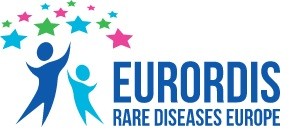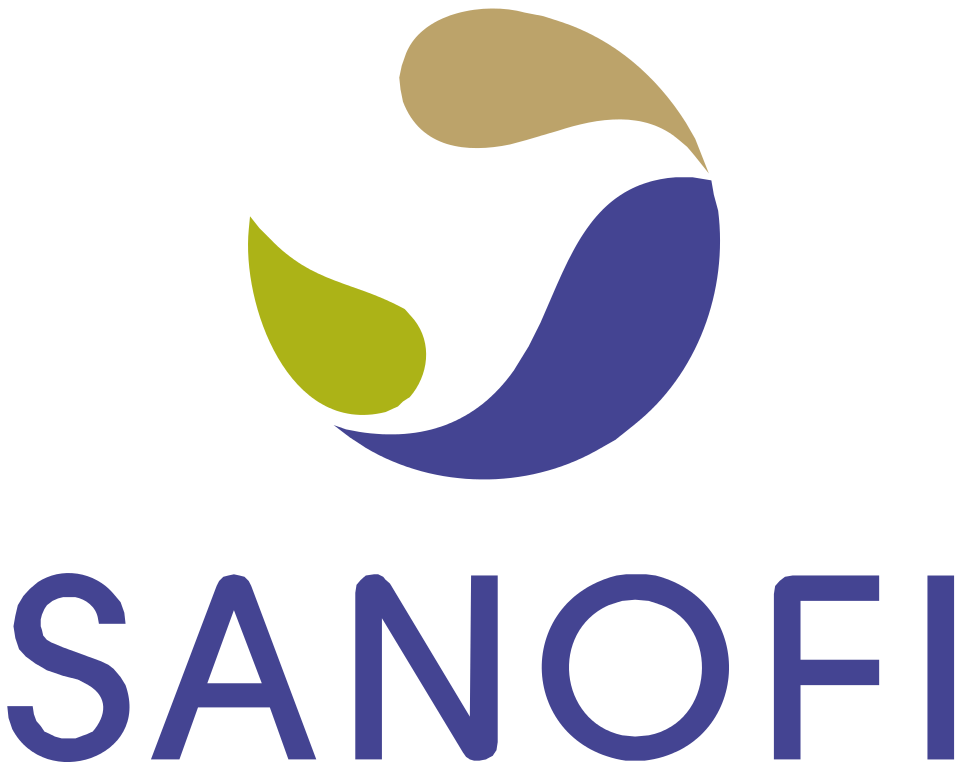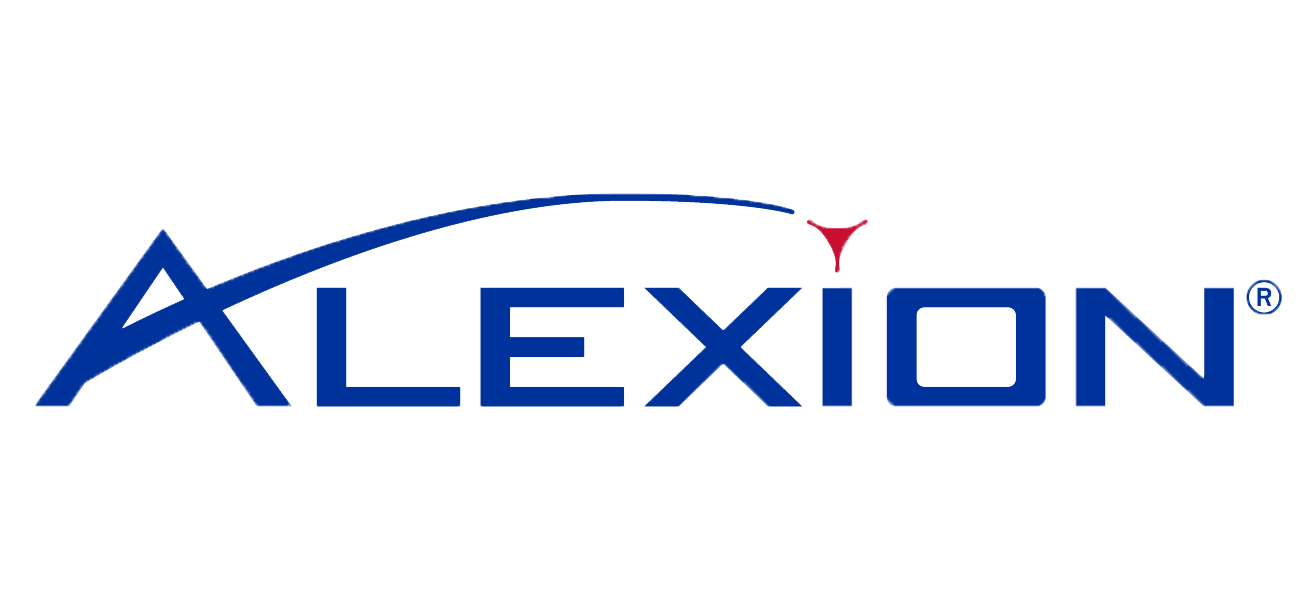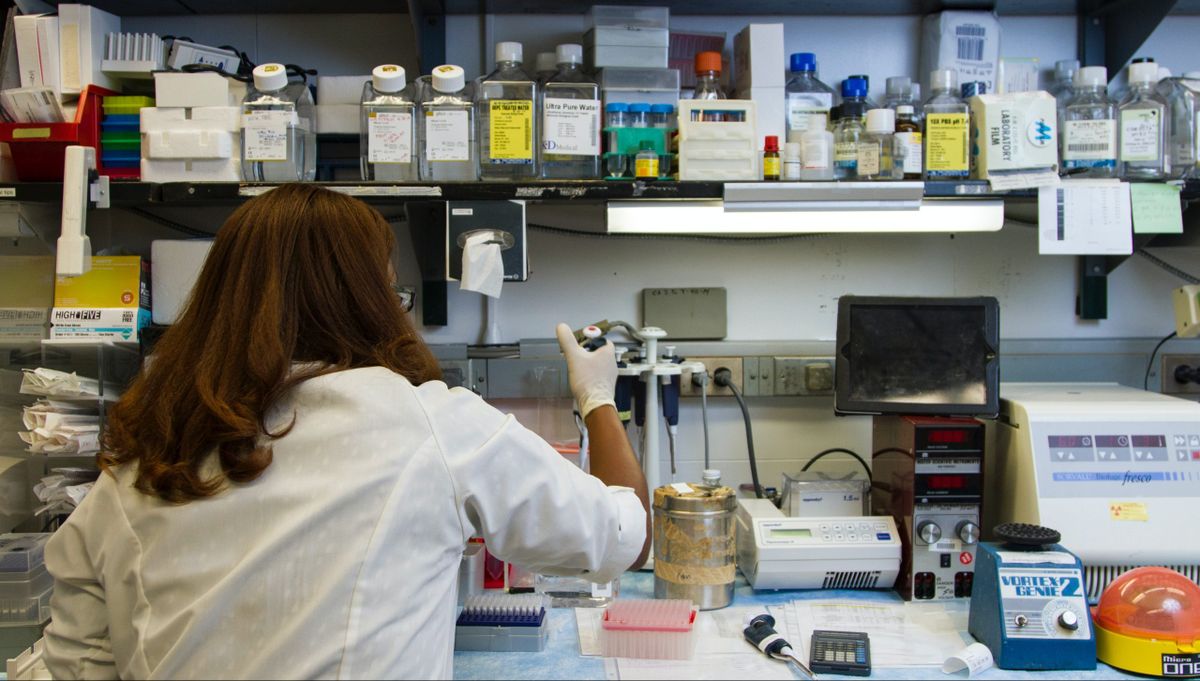
About
The Covid-19 crisis has played a key role in underlining the crucial role played by health data in the organisation of healthcare by providing insight into the evolution of the pandemic, shared learnings, treatments and vaccines. The power of collaboration around data through initiatives such as track and chase apps, genome sequencing and the use in how epidemiological data have underpinned health policies. However, the health sector has yet to catch up with the data revolution as digitalisation efforts are a decade late compared to other sectors. Only a fraction of the health data produced by a large number of sources, ranging from clinical trials to surveys and wearables, is currently reused.
Recognizing the crucial importance of health data, European Commission president Ursula von der Leyen has put forward a bold proposal for a European Health Data Space. Conceived as an interlinked system that offers access to portable, comparable and interoperable health data from across the EU, the European Health Data Space aims to promote the reuse of health data, boost research and ensure that citizens have control over their own data. The Data Governance Act, published by the Commission in November 2020 supports the implementation of the European Health Data Space, with a legislative proposal expected at the end of 2021.
Rare disease patients may be the best rationale for the EU Health Data Space. The limited number of patients that suffer from one of the 5000 to 8000 known rare diseases and the scarcity of knowledge and expertise make rare diseases a field that greatly benefits from European action. Rare disease patients are especially willing to participate in such efforts as the EURORDIS Rare Barometer survey found that 95% of rare disease patients are ready to share their health data compared to 37% to 80% of the general population.
Without data sharing, these patients will continue to face long diagnostic journeys and limited treatment options. The European Reference Networks (ERN) – virtual networks of experts across Europe that advise on the diagnosis and treatment of rare disease patients – have done a good job at establishing specific data registries. The next challenge is to make sure the data is interoperable and ensure the reuse of data.
There are almost 750 rare disease registries in Europe, only 51 of which operate at European level – the majority are national or even regional. Most registries are held in academic institutions linked to specific research. A small number are managed by pharmaceutical or biotech companies, with others being run by patient organisations. This fragmented landscape leads to data silos which need to be overcome.
Set to be supported by investments from the EU4Health, the Digital Europe and the Horizon Europe programmes, the European Health Data Space benefits from a promising political context following the publication of Europe’s Pharmaceutical strategy which includes a strong push for the digitalisation of health.
Building on the findings from the first working group organised in April https://www.friendsofeurope.org/events/a-european-health-data-landscape-for-rare-diseases/#speakers (do LINK), participants in the meeting will identify concrete recommendation for EU-action on health data to meet the specific needs of the rare disease community and more broadly all health stakeholders across Europe.
Our events include photos, audio and video recording that we might use for promotional purposes. By registering, you give your permission to use your image. Should you have any questions, please contact us.
Schedule
Launched in 2017, the European Reference Networks (ERNs) were developed on the principle that rare diseases cannot be solved by member states alone and need European level solutions. The ERNs are pathfinders for data sharing between stakeholders and across borders. At the end of this pilot phase, the day-to-day functioning of ERNs still face challenges which limit their potential, for example, full integration into health systems. As the European Commission sets out proposals on data governance and the European Health Data Space (EHDS), what lessons can be learned from the ERNs about to make data infrastructure workable and effective.
- How can the EU successfully address the fragmentation and lack of operability of health data? Would the harmonized uptake by all member states of one unified standard for coding health information such as the International Classification of Diseases (ICD-11) resolve this issue?
- How can the next phase of the European Reference Networks make the health data landscape more complete, sharable and usable?
- What would a successful EU health data environment look like in the context of rare diseases and for more resilient and digital healthcare systems?
Speakers
Yann Le Cam
Chief Executive Officer of the European Organisation for Rare Diseases (EURORDIS)
Manuela Buxo
Head of Region Europe Sanofi Genzyme
Petra Wilson
Managing Director, Health Connect Partners
Maurizio Scarpa
Coordinator, European Reference Network for Hereditary Metabolic Diseases (MetabERN)
Roman Hossein Khonsari
Medical Director of the Health Data Hub, France
Peter Arlett
Head, Data Analytics and Methods Task Force, European Medicines Agency
Speakers
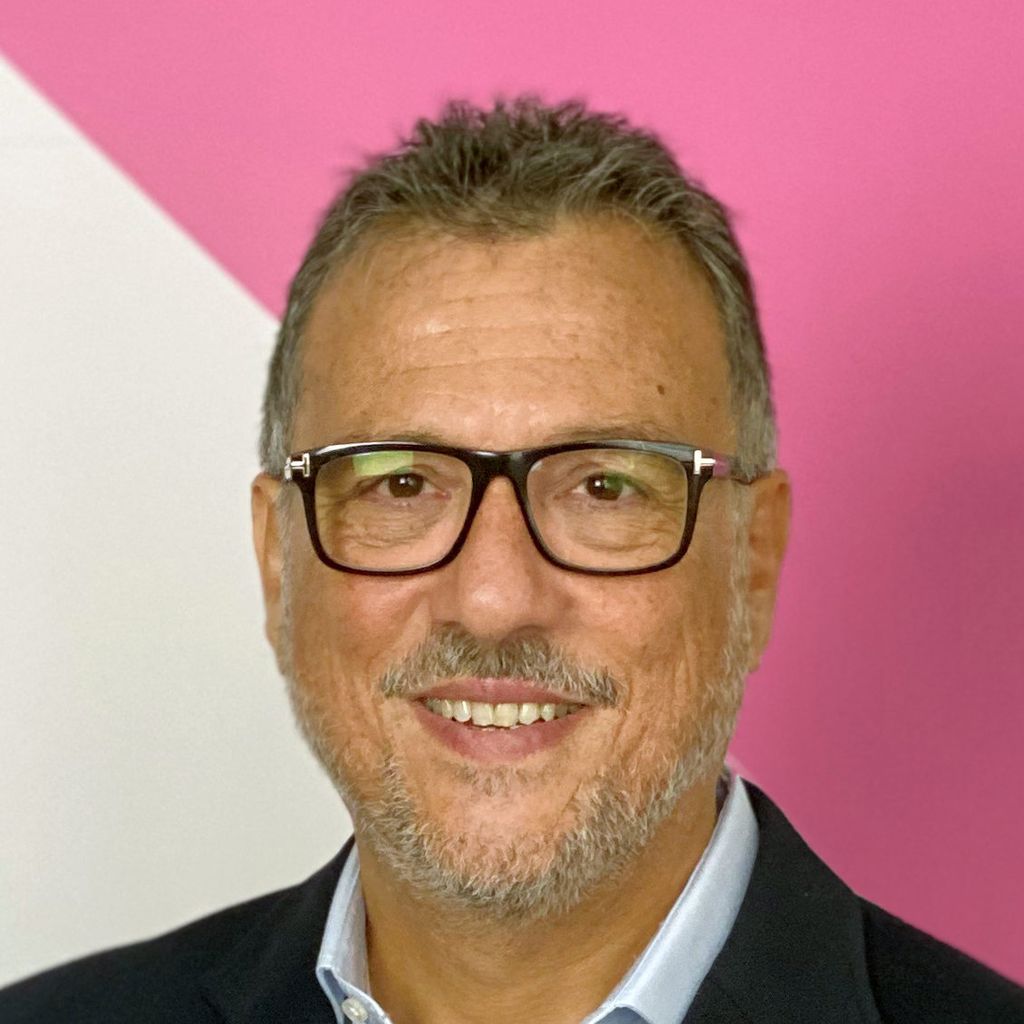
Chief Executive Officer of the European Organisation for Rare Diseases (EURORDIS)
A Founder of EURORDIS-Rare Diseases Europe, Yann Le Cam has served as the organisation’s CEO for over two decades. He also initiated the global alliance of persons living with a rare disease, Rare Diseases International (RDI), where he sits on the RDI Council and chairs the RDI Advocacy Committee. Notably, Le Cam is a Founding Member and Vice-Chair of the NGO Committee for Rare Diseases. He also serves as the Co-Chair of the Global Commission to End the Diagnostic Odyssey for Children with a Rare Disease and as a Member of the World Economic Forum’s Health Stewards Board and Global Precision Medicine Council.
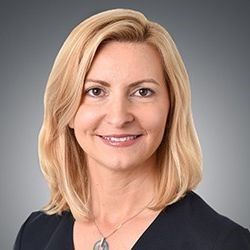
Head of Region Europe Sanofi Genzyme
Manuela Buxo leads Sanofi Genzyme’s business operations in Europe. She is responsible for the development of strategy and execution plans for furthering Sanofi Genzyme’s presence in the region including new product introductions and fostering strong partnerships with our customers. With over 20 years of experience in healthcare, Manuela brings deep expertise in marketing and operations, strategy, finance, and business development. A purpose-driven people leader, she is passionate about serving patients and the broader healthcare community. She is a member of the Sanofi Genzyme Executive Leadership Team.

Managing Director, Health Connect Partners

Coordinator, European Reference Network for Hereditary Metabolic Diseases (MetabERN)
Maurizio Scarpa has extensive expertise in the treatment of rare paediatric disorders. As coordinator of MetabERN, he oversees a comprehensive network that connects existing highly specialised healthcare providers across the European Union to improve the care and treatment of all patients affected by rare metabolic disorders. Scarpa is also the president of the Brains for Brains (B4B) Foundation, which seeks to promote an international network of health professionals in rare disorders, specifically in the field of rare neurological, paediatric diseases.
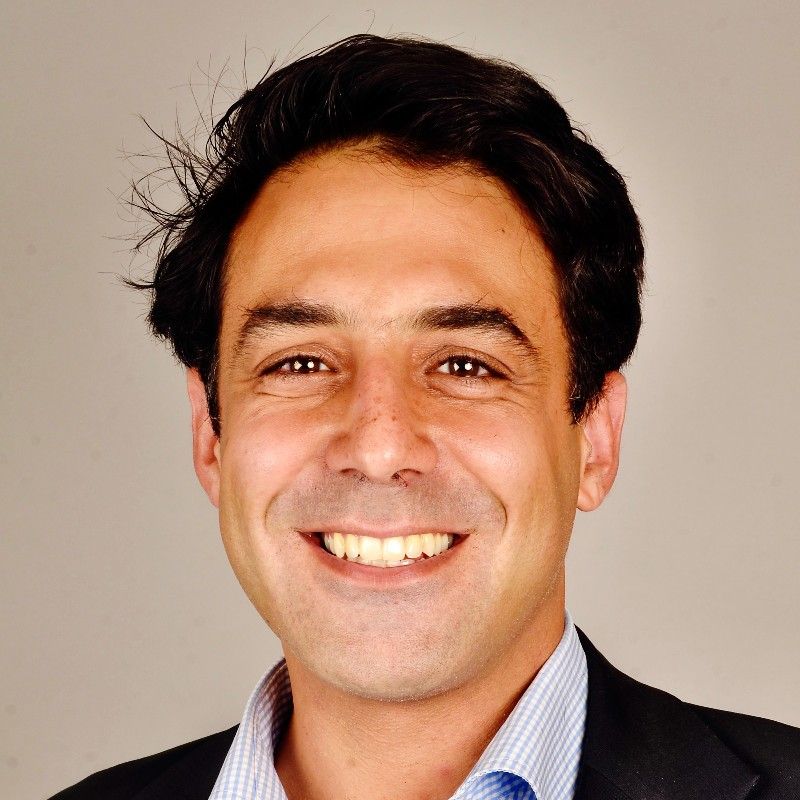
Medical Director of the Health Data Hub, France

Head, Data Analytics and Methods Task Force, European Medicines Agency
Activities
Europe's moment: advancing clinical research and health innovation
Next event In person & online

- Area of Expertise
- Sustainable Livelihoods
Re-imagining Europe's health systems
Past event In person & livestreamed
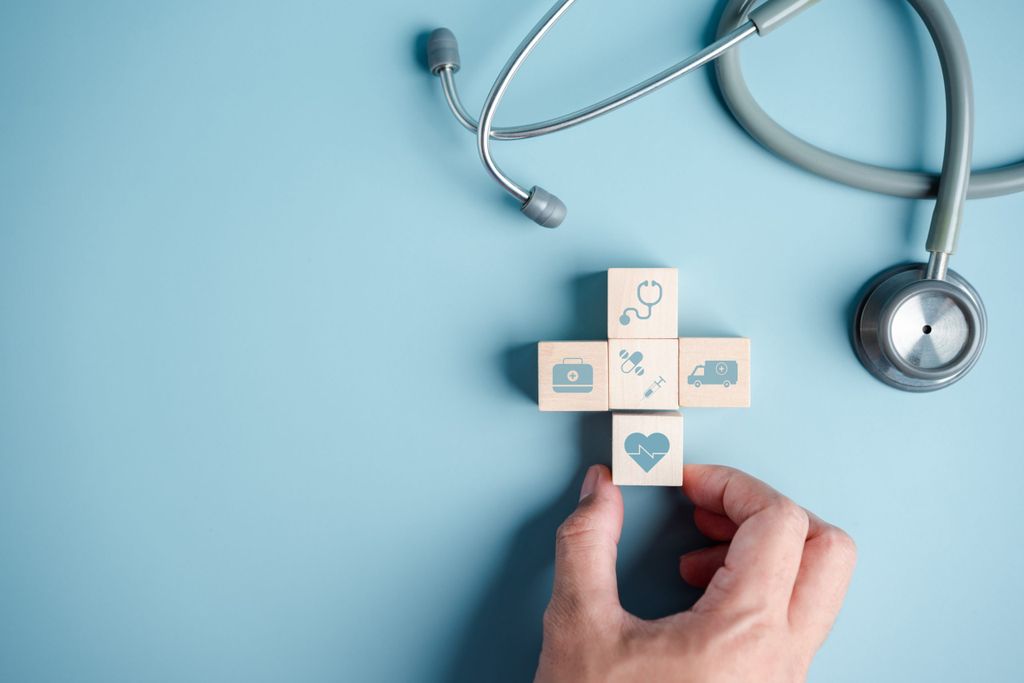
- Area of Expertise
- Sustainable Livelihoods
Health check for a competitive medical technology sector in Europe
Past event In person
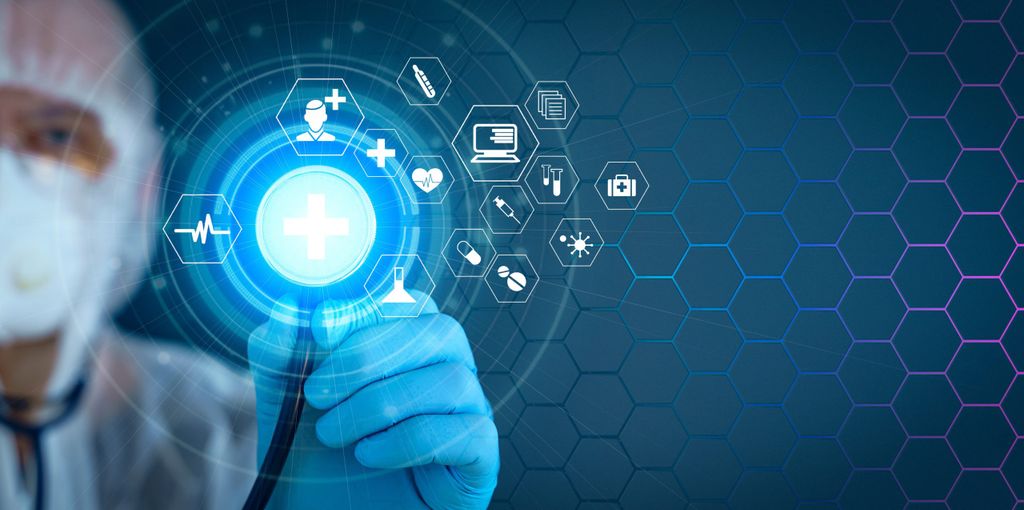
- Area of Expertise
- Sustainable Livelihoods
Healthy ageing for Europe's future: the value of adult immunisation
Past event In person & livestreamed
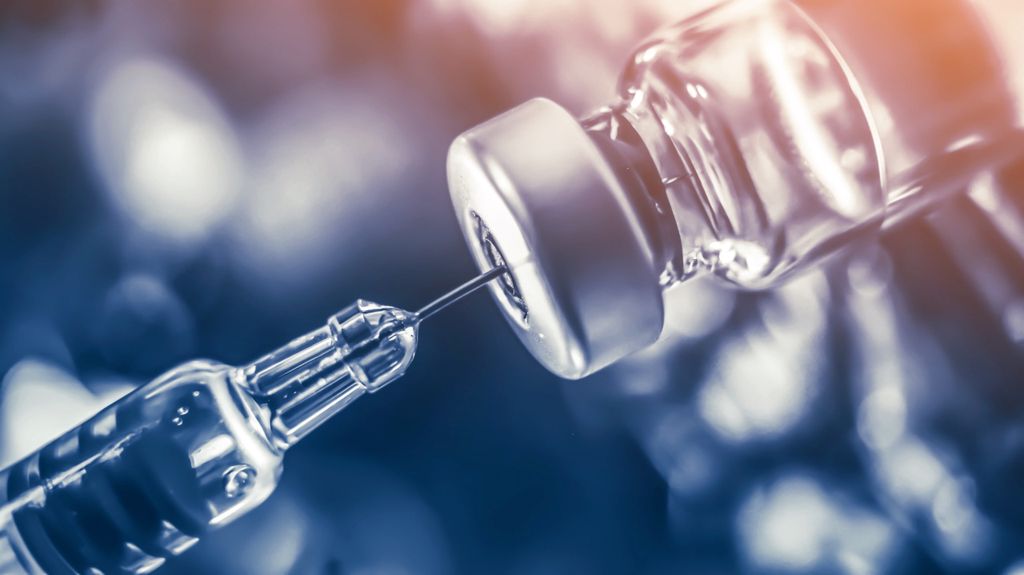
- Area of Expertise
- Sustainable Livelihoods
Policy Voices | Re-imagining Europe’s health systems
- Category
- Podcast
- Area of Expertise
- Sustainable Livelihoods
Financing the green and just transition: towards further partnerships…
- Category
- #CriticalThinking
- Author
- By Sebastián Nieto-Parra
Reclaiming medicines and health innovation for our health
- Category
- #CriticalThinking
- Author
- By Els Torreele
Hidden biases in public health research: why we are failing our most…
- Category
- #CriticalThinking
- Author
- By Marthe De Boevre

- Area of Expertise
- Sustainable Livelihoods
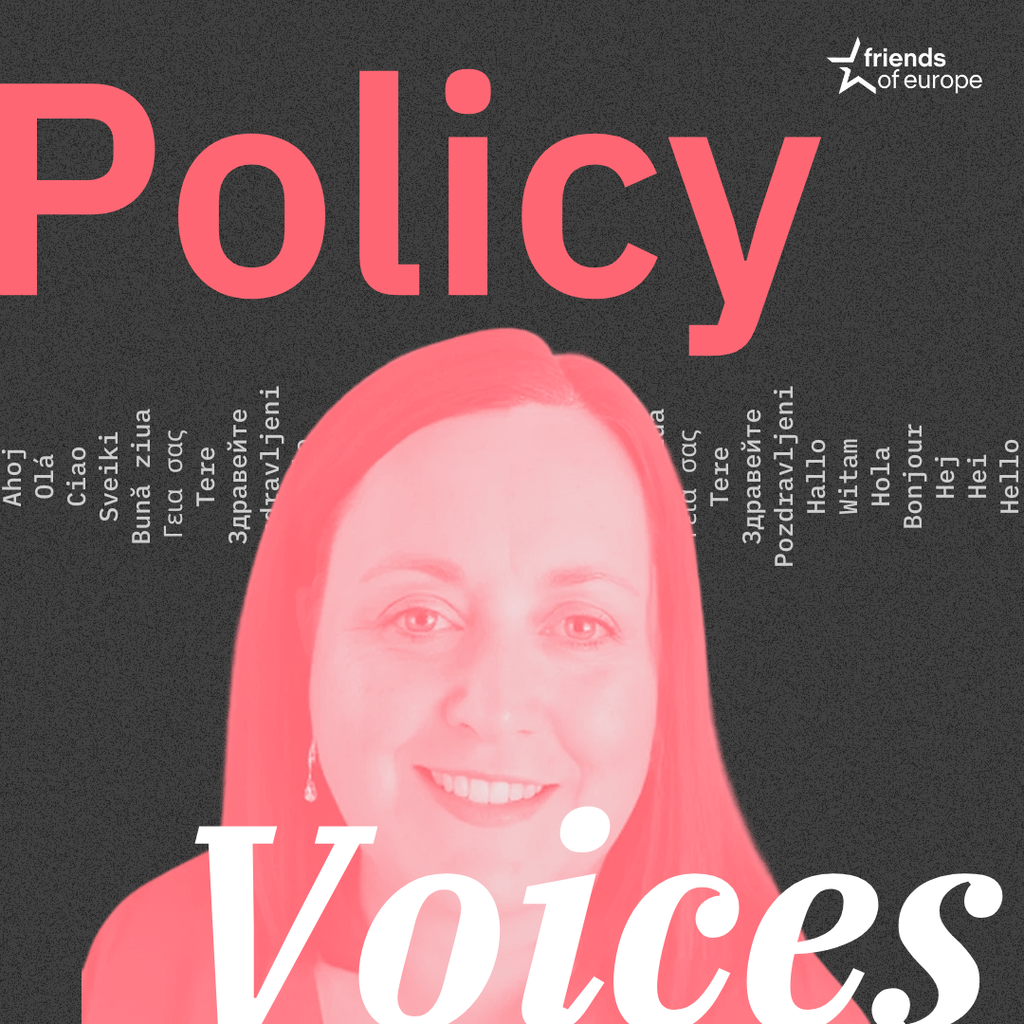
- Area of Expertise
- Sustainable Livelihoods

- Area of Expertise
- Sustainable Livelihoods
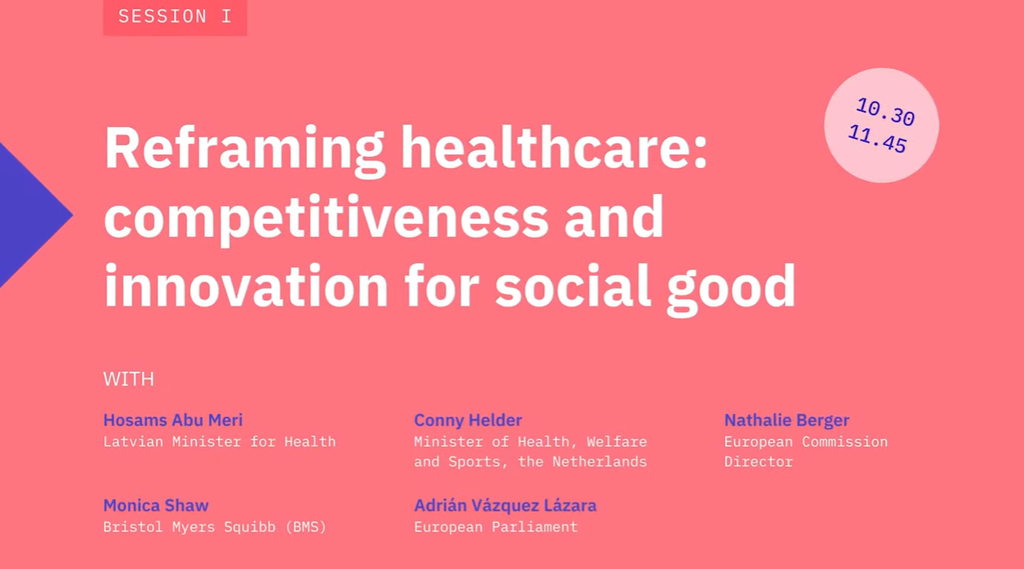
- Area of Expertise
- Sustainable Livelihoods
Continue
the debate on
- Debating Europe
